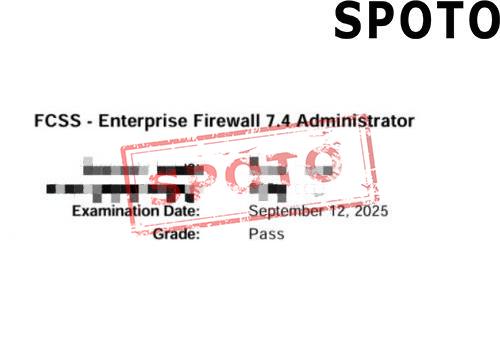
Table of Contents
A network analyst is a network professional who uses different tools and software to analyze the performance of existing enterprise network systems and detect possible problems and vulnerabilities. This article will introduce you to what a network data analyst is, the career information and prospects of a network data analyst, and the necessary conditions to become a network data analyst.
1.What Is a Network Analyst?
A network analyst is a professional technical analyst who is responsible for installing, maintaining and troubleshooting computer network systems for an organization or business. Their work includes designing, developing and evaluating network systems and related communications and providing technical support for all components of the system, including hardware and software.
2.Network Analyst tasks and responsibilities
The work of a network analyst is mainly to use analysis platforms such as KNIME, programming languages such as Python, and visualization tools such as Tableau to obtain and analyze data information, and then classify and store primary and secondary data information according to actual needs, and optimize enterprise databases and troubleshoot problems in enterprise systems.
3.Network Analyst salary and job outlook
The median annual salary for network analysts is $103,800, while the average annual salary for network analysts in the United States ranges from $61,483 to $102,211. Education and experience are key factors that affect a network analyst's salary. According to Zippia, network analysts with a master's degree can expect to earn $76,231 per year. Bachelor's degrees average $73,688 per year, while associate's degrees average $67,036 per year. Although the U.S. Bureau of Labor Statistics (BLS) does not conduct a specific job outlook analysis for the network analyst occupation, it reports that the employment growth rate for computer system analysts (the two are basically the same) is 7%, and the employment growth rate for network and computer system administrators (a type of network analyst) is 4%, which is close to network analysts and can provide a reference for employment prospects. Overall, with the increased reliance on IT and investment in faster technology and networks, the employment opportunities for network analysts are likely to grow and the employment outlook is bright.
4. What qualifications does a Network Analyst need?
First, most entry-level network analyst positions require at least a bachelor's degree in a related field. Employers looking for network data analysts usually require candidates to have a bachelor's degree in computer science, engineering, telecommunications, or information systems. These courses provide the skills and knowledge required for the career and are also a stepping stone to enter the field. Second, having the skills required for the career is key to successfully applying for a position and being competent for the job. Network routing is the most valued professional skill by employers when recruiting network analysts, and 25% of job openings require this skill. Secondly, job seekers with skills in network switches, telecommunications, local area networks, computer networks, and network hardware are also highly sought after in the job search process. As for soft skills, troubleshooting (problem solving) is the most required skill for network data analyst positions, followed by communication, customer service, operations, management, and problem solving. Finally, obtaining a highly recognized certification in the industry can prove your professional ability and ability to perform the position, and enhance your competitiveness in the workplace. Therefore, we recommend that you obtain an authoritative certification in the field of network analysts to improve your chances of success in your application.
5. Which certifications are helpful in becoming a Network Analyst?
Cisco Certified DevNet Expert is a significant help for professionals who want to become network analysts. This certification not only proves that the holder has deep knowledge and skills in traditional network architecture, but also shows that he has professional capabilities in automation, programming, and network programmability. Cisco Certified DevNet Expert not only enhances the technical strength of network analysts, but also broadens their career prospects in the era of digital transformation.










